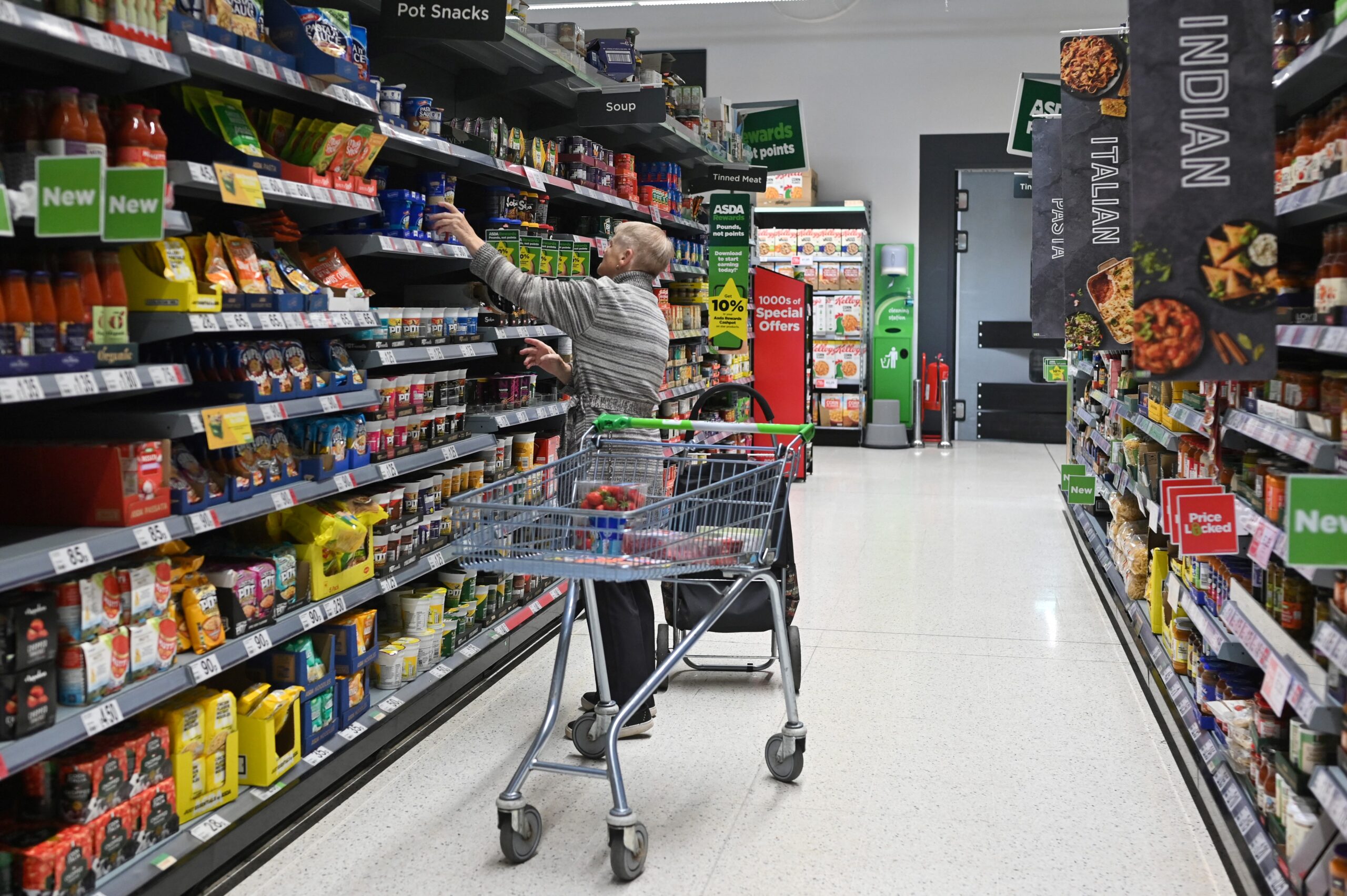
By: Vivek Mishra
The United Kingdom’s (UK) annual inflation rate decreased to a two-and-a-half year low of 3.2 per cent last month, a smaller decline than analysts had forecast, according to data released on Wednesday by the Office for National Statistics (ONS).
This outcome may complicate the economic outlook and influence the timing of interest rate cuts, presenting further challenges for the government.
The ONS reported that the Consumer Prices Index (CPI) for March was 3.2 per cent, the lowest level since September 2021, although markets had expected a decrease to 3.1 per cent. Previously, inflation stood at 3.4 per cent in the 12 months up to February.
“Inflation eased slightly in March to its lowest annual rate for two-and-a-half years,” said Grant Fitzner, chief economist at the ONS. “Once again, food prices were the main reason for the fall, with prices rising by less than we saw a year ago. Similarly to last month, we saw a partial offset from rising fuel prices.”
Finance minister Jeremy Hunt welcomed the decline, commenting, “This is welcome news.”
Despite the fall in inflation, it remains significantly above the Bank of England’s target of two per cent, keeping many British residents waiting for the bank to start cutting interest rates to help relieve the ongoing cost-of-living crisis.
Ruth Gregory, deputy chief UK economist at Capital Economics, said, “The smaller-than-expected fall raises the risk that inflation will follow the trend in the US and soon stall. The chances of interest rates being cut for the first time in June are now a bit slimmer.”
Yael Selfin, chief economist at KPMG UK, also weighed in, saying, “Today’s data are unlikely to move the needle for the Bank of England. The overall outlook for inflation remains broadly positive, however there are several risks which could cause a setback. Oil prices have rallied over the past month which has led to an increase in prices at the pump for consumers.”
As the Conservative government, led by prime minister Rishi Sunak, faces poor poll ratings ahead of an expected general election later this year, it is reliant on a reduction in inflation to bolster its position.
Labour Party finance spokesperson Rachel Reeves criticized the government’s approach: “Conservative ministers will be hitting the airwaves today to tell the British people that they have never had it so good. However, after 14 years of economic failure under the Conservatives, working people are worse off. Prices are still high in the shops.”
(AFP)
